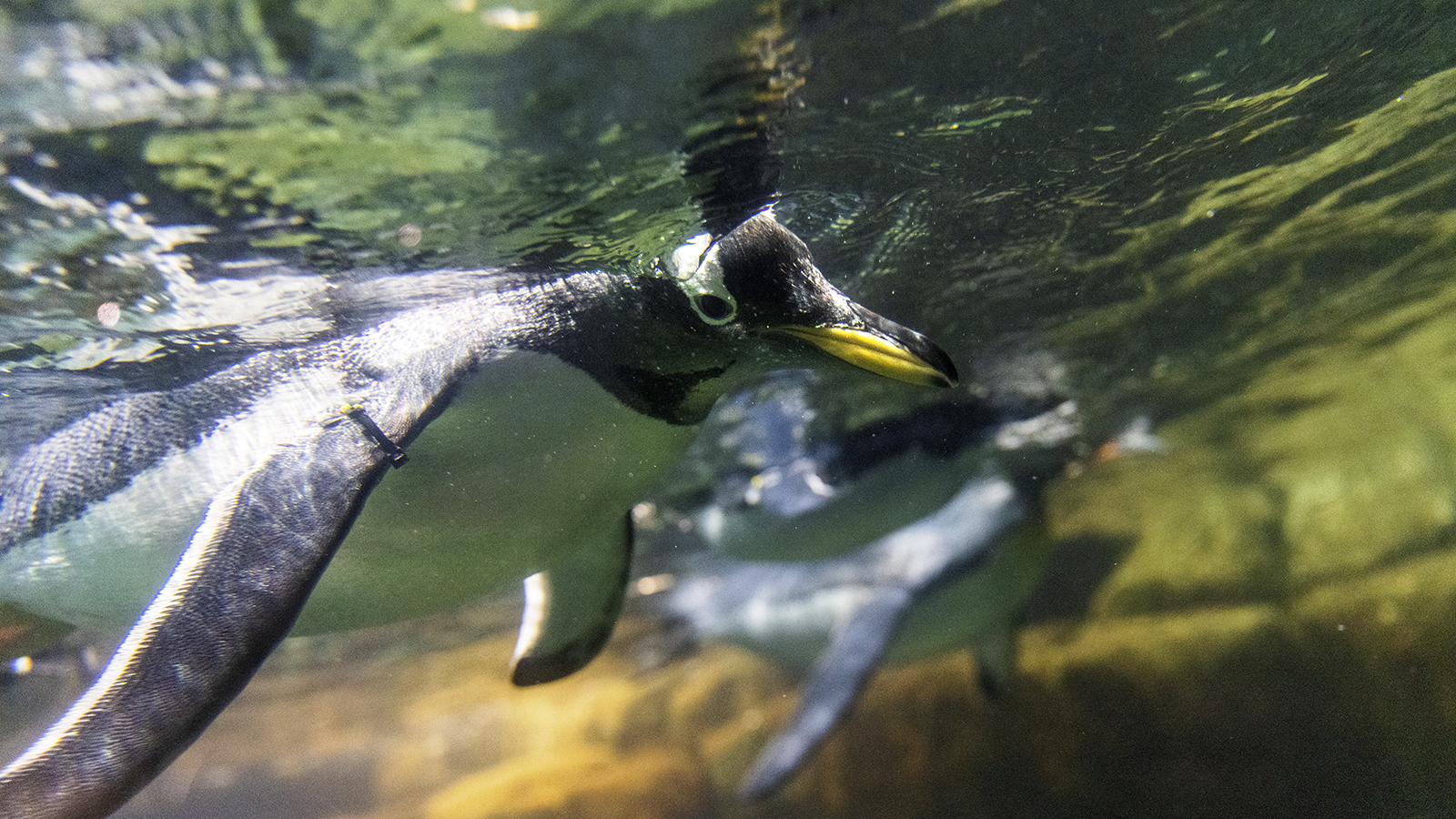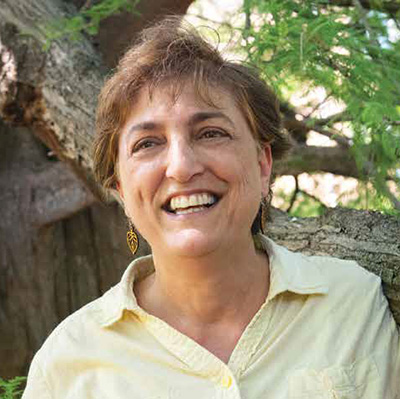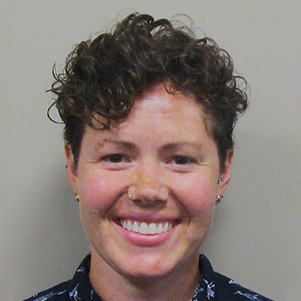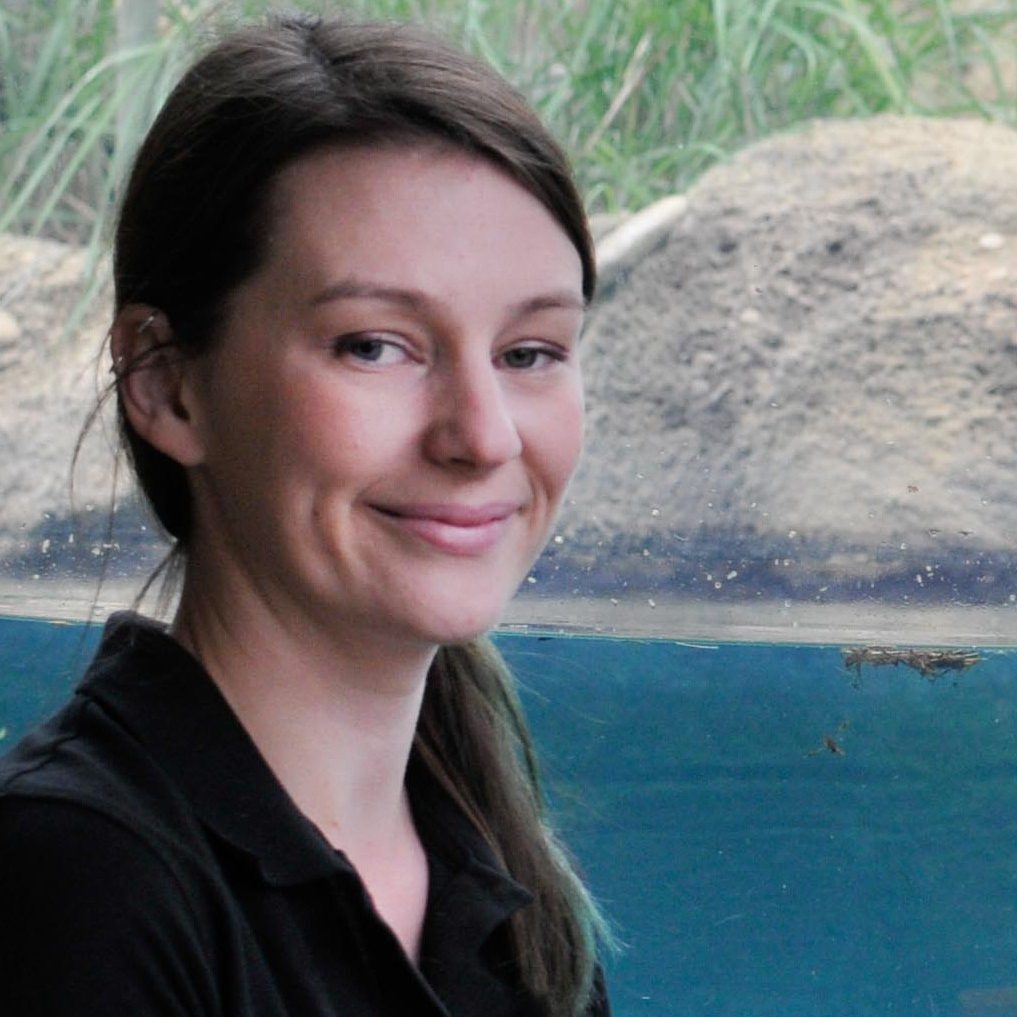The Zoo Animal Science Minor at University of Nebraska-Lincoln is a new, interdisciplinary program designed to prepare students for competitive jobs in zoos by combining the strengths of the Department of Animal Science and the School of Natural Resources in the College of Agricultural Sciences and Natural Resources (CASNR). This minor addresses the high demand and competitiveness in the zoo field, providing students with hands-on experience and formal credentials from experts, making them more employable. The minor is open to all UNL students and is particularly relevant for students enrolled in Animal Science, Fisheries and Wildlife, and other biology-related majors.
The minor uniquely positions students in relevant fields, equipping them with both academic knowledge and practical skills essential for zoo employment, a specialty not widely offered by many universities. Leveraging its advantageous location between two zoos, the program facilitates direct access to hands-on experiences. Initial educational resources will be supported by existing faculty at the University and complemented by collaborations with local zoos. There is also the potential for future enhancement of teaching resources and facilities through partnerships with Association of Zoos & Aquariums (AZA)-accredited Zoos.
What You'll Learn
Students completing the Zoo Animal Science minor will:
- Provide advanced husbandry, care, nutrition, and reproduction techniques for zoo-managed species.
- Practice and teach safe handling of various zoo-housed species.
- Foster a network of zoo animal experts and use the connections for effective zoo animal management.
- Enhance specific technical skills valuable in a zoo or sanctuary setting.
- Increase understanding of zoo field career diversity and develop a career plan.
- Deliver hands-on educational programs, aiding in interviews and successful employment.
20
Credit Hour Minor
11
COURSES TO CHOOSE FROM
Hands-On
Certifications/trainings
Course Descriptions
Students must complete a minimum of 20 credit hours offered between Animal Science and Natural Resources. A minimum of 8 should be at the 300-level or above.
Required Courses:
NRES 125: Introduction to Zoo and Aquarium Science
Become familiar with the concepts and challenges associated with biological, ethical, welfare, and administrative aspects of zoo science and captive animal care. Conduct an ethology study using the scientific method.
Instructor: TBD
ASCI 150: Animal Production Skills
Introductory course in skills related to proper care and management of production animals. Laboratory sessions develop fundamental skills of animal husbandry.
Instructor: TBD
Choose one physiology course (3 credits):
ASCI 240: Anatomy and Physiology of Domestic Animals -OR- ASCI 340 Animal Physiological Systems
(240) Fundamentals of the anatomy and physiology of domestic animals.
Instructor: TBD
-OR-
(340) A comprehensive look at the major physiological systems that comprise the mammalian body. Anatomical organization and functionality of the nervous system, muscle, cardiovascular system, respiratory system, digestive system, urinary system, reproductive system, endocrine system, and immune system. Labs offer hands-on learning experiences through dissections, clinical demonstrations, and interactive multimedia.
Instructor: TBD
Choose one education course (3 credits):
NRES 322: Environmental Education Curricula -OR- NRES 434: Environmental Education and Interpretation
(322) National curricula are available to formal and non-formal environmental and STEM (science, technology, engineering, and math) educators. Become certified in a series of national environmental education curricula such as Project WILD, Project WET, Project Aquatic WILD and Project Learning Tree. Apply skills and curricula by teaching others through experiential service learning.
Instructor: TBD
-OR-
(434) Examination of formal and informal environmental education and interpretation. Knowledge, application and practice relevant to science teachers and park, extension, museums, and zoo educators. ** Requires 20 hours of service.
Instructor: TBD
Choose one nutrition course (3 credits):
ASCI 320: Animal Nutrition and Feeding -OR- ASCI 321: Companion Animal Nutrition
(320) Fundamentals of nutrition and feeding of domestic livestock, nutrients and nutrient requirements, characteristics of feedstuffs, methods of feeding, and the feed industry.
Instructor: TBD
-OR-
(321) Digestive anatomy and physiology of companion animals including dogs, cats, small mammals, and exotic species. Unique nutrient requirements, pet food formulation, and regulations.
Instructor: TBD
Choose one additional course (3 credits):
ASCI 271: Companion Animal and Equine Behavior -OR- NRES 211: Introduction to Conservation Biology -OR- NRES 441: Zoo Keeping and Management
(271) Companion animal and equine behavior. Application of behavior principles to describe normal and problem behaviors of common companion animals and horses.
Instructor: TBD
-OR-
(211) Introduction to problems faced in fulfilling the ever increasing human needs while maintaining ecosystem and biodiversity. The integration of biological fields such as wildlife biology, ecology, evolution, and genetics with non-biological fields such as economics, philosophy, and politics to the dilemma this presents.
Instructor: TBD
-OR-
(441) Examine and build on the knowledge, skills and abilities needed to work in a zoo in various capactities including animal keeping, guest services and curation. Acquire knowledge in all aspects needed to manage zoos including individual species care, collections, guest services, species conservation, and AZA accreditation. Become familiar with the concepts and challenges associated with the biological, educational, ethical, and administrative aspects of zoo science through partnerships and interactions with local zoos.
Instructor: TBD
Hands-On Certifications/Trainings (3 credits):
Various Options
Options include: Zoo Animal Welfare, Field Conservation, Zoo Animal Training, Venom Certification, Scuba Certification, Artificial Insemination, Safe Capture and Immobilization, Conservation Research Experience.
* NOTE: Some courses have prerequisites that may not be included in the minor. Students should work with the instructor to determine if they are prepared to take courses without the prerequisites or if they need to choose a different course option.
Zoo Animal Science Minor Faculty and Collaborators
Meet Your Zoo Animal Science Minor Advisors

Haley Beer
Haley Beer is an Post-Doctoral Research Associate at the University of Nebraska-Lincoln.
Contact Haley
Sara Winn
Sara Winn is a Student Success Specialist in the School of Natural Resources at the University of Nebraska-Lincoln.
Contact SaraHow to declare the minor?
Students would work with their academic advisor or their college's advising center to declare the Zoo Animal Science Minor.










